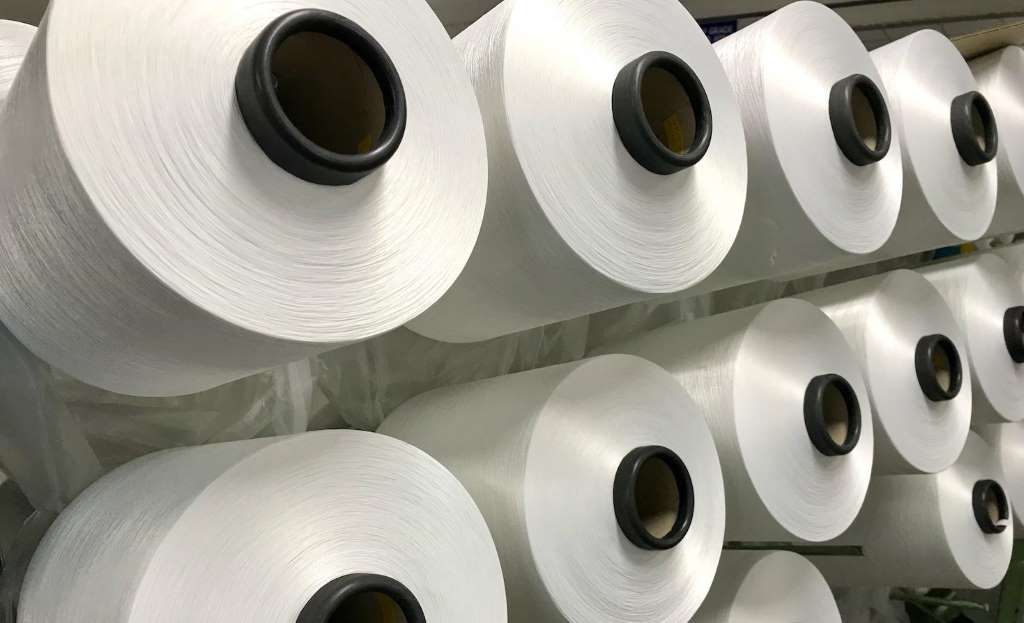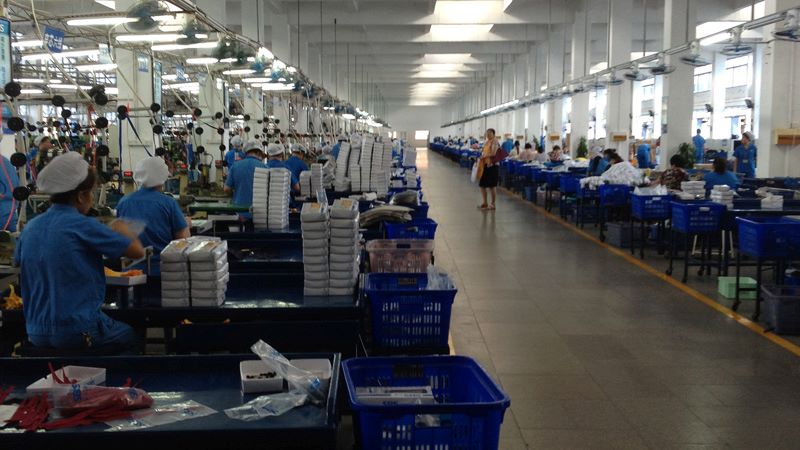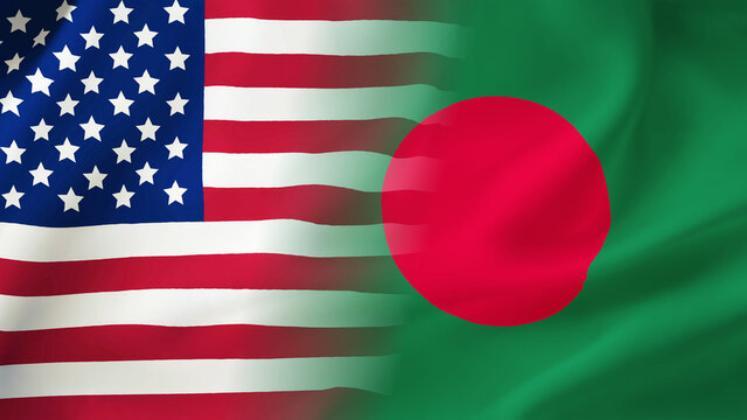Nigeria has banned forex for textile importers. The aim is to help bolster the local textile industry. The ban may lead to a reduction in burden on foreign reserves and a reduction in forex demand. That is the major benefit to the country as consumers will pay higher prices for products they had hitherto paid less for.
The Nigerian textile industry is a potential major revenue earner and a major employer of labor considering the local availability of the major raw material, cotton, and the chemicals needed for production, mainly by-products of petroleum.
However, there are challenges in the form of poor infrastructure, mainly power. Also, imports from Asian countries have taken over the market. The feeling is forex restriction for textile imports will not have much effect as importers will continue to import textiles by sourcing for forex through secondary forex markets and through privately arranged international money transfers. The restriction may rather increase the price of imported textile materials and the price burden has to be borne by ultimate consumers. Further forex restriction is not seen as a ban on textile materials but a not-valid-for-export regime, which is not likely to protect local textile manufacturers.
Nigeria imposes forex ban on textile importers
- 1
- 2
- 3
- 4
- 5
- 6
- 7
- 8
- 9
- 10
H&M's shift from recycled bottle polyester and what it means for circular fa…
In a significant move Swedish fashion giant H&M has recently moved away from recycled polyester derived from plastic bottles and... Read more
China's apparel and textile industry defies expectations with Q1 growth boom
China's economic performance in the first quarter of 2024 surprised many exceeding expectations with a 5.3 per cent GDP growth.... Read more
US trade bodies fight against proposed higher tariffs on garments
The US International Trade Commission (USITC) is considering raising tariffs on apparel imports from Bangladesh, India, Indonesia, Cambodia, and Pakistan.... Read more
CMAI FAB Show 2024 wraps up successfully, boosting textile industry
The Fabrics, Accessories & Beyond Show 2024 (FAB Show 2024), organized by the Clothing Manufacturers Association of India (CMAI), concluded... Read more
US retail sales on the rise, but fashion sector growth murky
American consumers are opening their wallets again, with retail sales experiencing a modest uptick in recent months. According to the... Read more
The Fast Fashion Conundrum: Profits soaring, sustainability stalling
The story of Shein's soaring profits in 2023 presents a fascinating paradox. While a growing number of consumers, particularly millennials... Read more
Wall Street and the Seduction of Sexy Calvin Klein Ads: Hype or performance boos…
The recent Calvin Klein campaign featuring Jeremy Allen White in his skivvies has set the fashion world abuzz. But can... Read more
Looming Iran-Israel conflict threatens to unravel global apparel trade
The already fragile global garment industry faces fresh challenges as tensions escalate between Iran and Israel. This adds another layer... Read more
Fabric Stock Services: A rising trend but not a replacement
The fashion industry is notorious for waste. Unsold garments and excess fabric often end up in landfills. Fabric stock services... Read more
CMAI’s FAB Show 2024 inaugurated with industry giants
The 4th edition of the Fabrics Accessories & Beyond Show 2024 (FAB Show), hosted by the Clothing Manufacturers Association of... Read more












